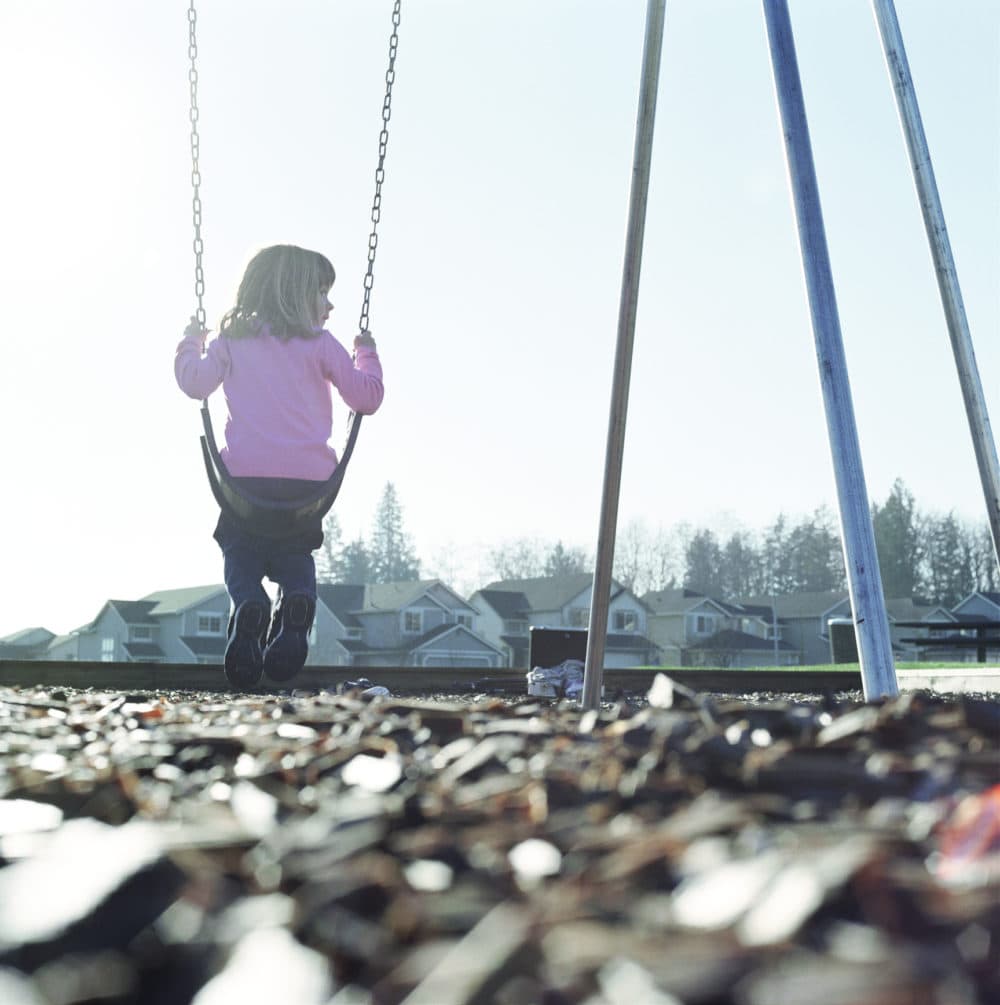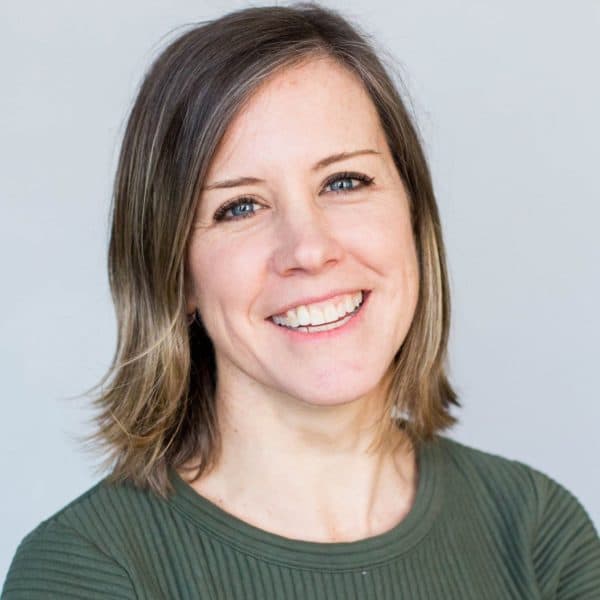Advertisement
Commentary
My daughter didn’t belong. I worried I’d failed her

You never forget the first birthday party that you're not invited to attend. Except my daughter didn't notice, at least not at first. The failure feels as much mine as hers.
We moved to our new house when she was 4 and her sister was 2. Our old house was in the country by the coast, within reach of horses and beaches but not many people. We were far from neighbors and my youngest seemed determined to get an ear infection every Friday at 5 p.m. So, we moved closer to the city, to a neighborhood filled with girls. At first, reality squared up with my hopes. The little girl across the street invited my daughter to play. The four girls who lived on the corner waved from their swing set. We got tags for the town pool. We enrolled in preschool. We were off. Except we weren’t. Something was wrong.
My daughter was different. Soon playdates dried up and neighbors didn’t look me in the eye. It would be more than a year before we had an answer: autism, later to be tacked with a thousand asterisks for all the ways my daughter was singular. She was stoic and steely-eyed, trooping off to school each morning to do her best while I waited for the next email to hit my in-box. Here’s the problem. Here’s what we’re thinking.
Our new town is leafy and family-oriented, but also plagued by the kind of competition endemic to type-A, pedigreed parents with lofty expectations. While other mothers lamented the limits of French immersion, I was deep-diving on neurodiversity, learning how my daughter’s brain worked and how to help her. There wasn’t much to talk about on the playground or at pickup. For a while, I thought I might find community in the special education parents who met monthly in the elementary school library, but their commiseration felt alien to me — every kid was so different.
They spun at the edges of the party as the night grew dark, two gauzy yellow stars in their own orbit.
Parenting is one puzzle after another. It’s no different for parents of typical kids. No one leaves me and my daughter out on purpose. But when your kid is different, she is always at the edge of the group, never in the middle. At school, the kids don’t understand her, so when their moms ask who they want to invite to their birthday parties, they don't name her. Soccer is a jumbled field of kids and confusion, so when the neighborhood team plays and goes out for ice cream, she’s not there either. No single person decided to exclude us, and yet we were never on the list.
One Halloween, when both my girls dressed as Belle (everyone gets to be what they want for Halloween), I stood by while the girls made fun of my daughter’s costume because her little sister copied it and she didn’t make it herself. That day I turned werewolf, howling at their cruelty. I admonished them and sent my daughters off for juice boxes. Lucky for me, they were flying so high that no one could not puncture their joy. They spun at the edges of the party as the night grew dark, two gauzy yellow stars in their own orbit. We shot off before the sun set to fill our bags with candy, a tribe of three.
Advertisement
Do I dream of a different place, a town where my daughters belong, where I have neighbors and friends who share my hopes and fears? Doesn’t everyone dream of a better place? But maybe that isn’t a place you arrive, but one that you build brick by brick. In conversations with mothers in the same boat. At playdates with friends who are not numerous but true. At meetings where my voice is singular but definitely necessary. No one can see you if you don’t make yourself known.
If my genes failed her, I resolved that my mothering would not.
My daughter looks exactly like me, but there’s one snapshot my mother recently excavated that set me on my heels. My daughter’s annoyed smirk was smirking back at me. I was the source of the face that greeted me in exasperation each day. I was 9; she was 9. We were 9. The photo felt like some sort of proof. There’s an irresistible impulse for parents of complicated kids to go spelunking for explanations so that we might ameliorate, if not fix.
I didn’t understand that she was different until kindergarten because so many traits that turned out to be markers were traits I share: shyness, a love of routine, an inability to read social cues, a preference for being alone. I thought back to my 9-year-old self, a late 1970s girl with bobbled hair elastics and bell bottom jeans, and wondered how I got by. Were my coping skills better than hers? Or had my genes failed her?
If my genes failed her, I resolved that my mothering would not. This fall, my daughter started a new school that focuses on complex kids like her. The orientation days were filled with the usual butterflies and questions: Who will be in my class? Will my principal be nice? Why is my classroom so small? On the first day, we drove 45 minutes in silence, watching the trees blur past and chewing gum to work out the new school scaries. But when the time came to go inside, she leapt out of the car with a smile.
By day three, she had a full-page photo of her classmates that she spread next to her pillow. When Family Fun Day arrived, she ran to the swings with her new friend and her sister while her father and I chatted with parents about the long drive, the specialness of this place we’ve found, and how nice it was to see our kids with friends. I recognized myself in their faces: the joy, the relief, when your kid finally belongs. It’s not the end of our struggle, but it feels like home.
